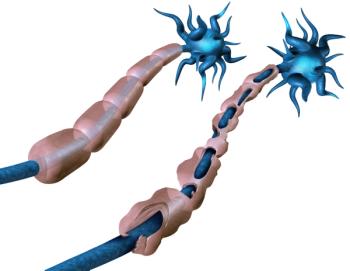
A new study finds people who go on to be diagnosed with MS are more likely to have experienced a significant stressful life event, but the author cautions against jumping to cause-and-effect conclusions.


A new study finds people who go on to be diagnosed with MS are more likely to have experienced a significant stressful life event, but the author cautions against jumping to cause-and-effect conclusions.

FDA actions for the week ending August 21, 2020, include a hearing set for a drug that could limit weight gain often associated with treatment for serious mental illness.

Researchers reviewed the evidence of the association between vitamin D and multiple sclerosis.

Research model shows that caps on out-of-pocket costs don't result in higher health plan spending.

A minority camp of MS researchers argue that the disease may begin within pathologically processes within the central nervous system.

Study published in Annals of Neurology shows about half of RIS patients have a clinical event that typifies MS within 10 years.

More research is needed on how MS affects women throughout the life span.

Are patients with MS taking DMTs at higher risk of infection or case severity during COVID-19? A small study suggests that may not the case with one.

The Institute for Clinical and Economic Review (ICER) found siponimod has benefits for patients with active secondary progressive multiple sclerosis, but its benefits were in line with other therapies in a crowded marketplace.

Much remains unknown about how precisely multiple sclerosis occurs and advances in patients, but a growing body of research is helping scientists develop new ways to slow, and potentially stop, disease progression.

As more competition makes its way into the specialty drug market, there will be opportunities for cost savings.

At AMCP Nexus 2019, experts weigh in on new and emerging specialty medications.

MS is in need of new medications-these could be the future.